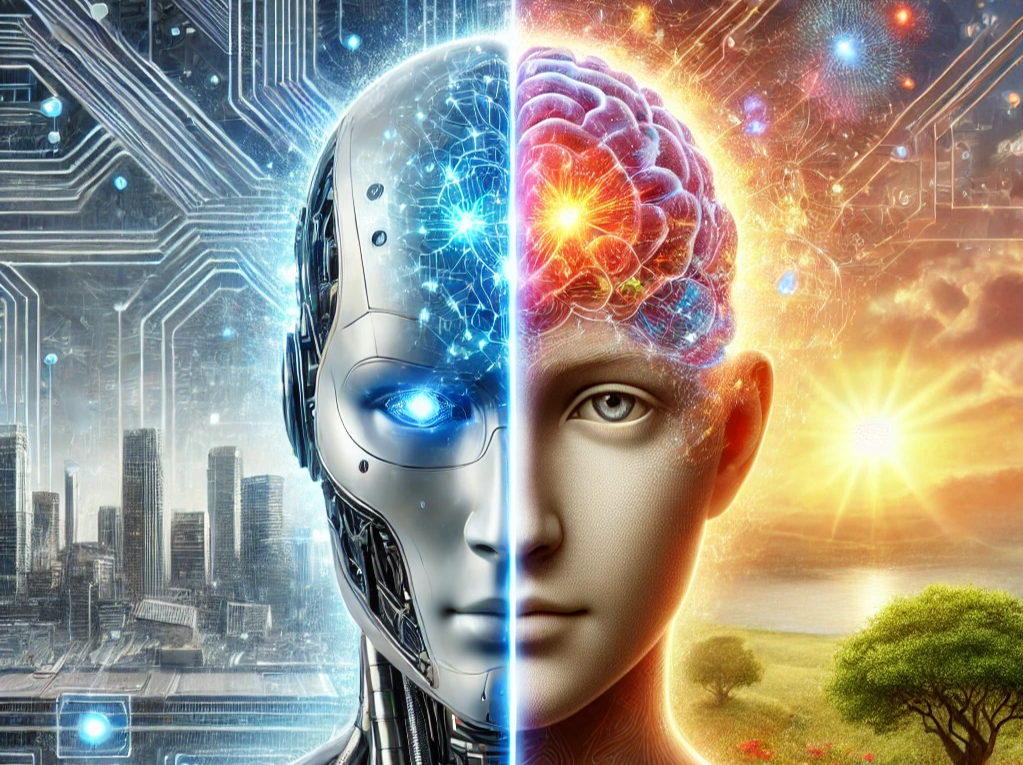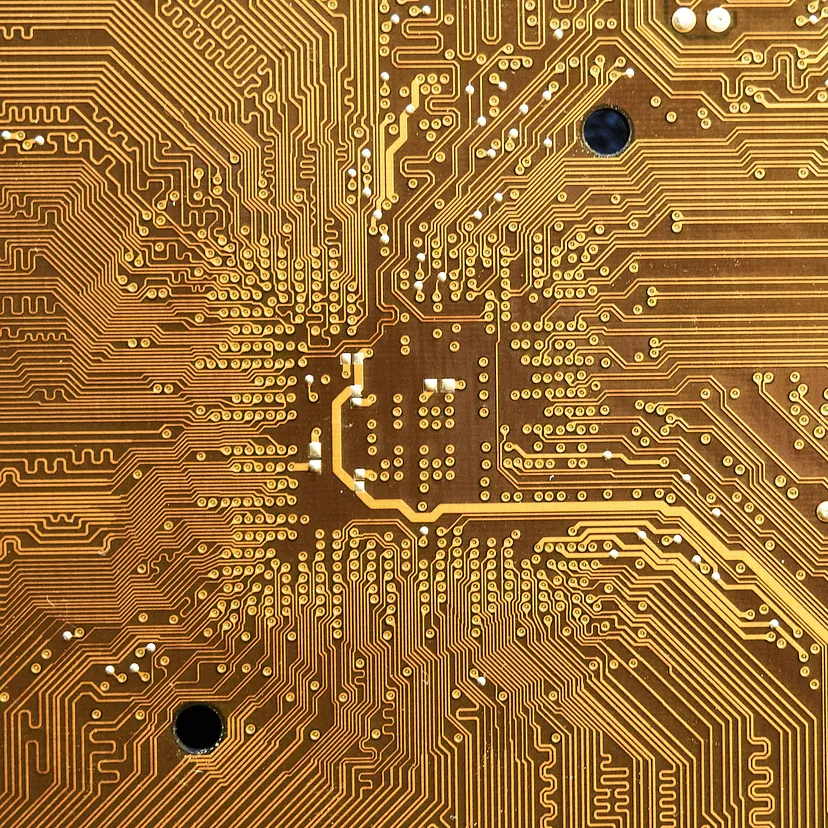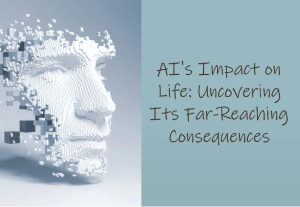- Artificial Intelligence, Brain-Computer Interfaces, Consciousness, Human-Machine Integration, Neuroplasticity, Neuroscience, Neurotechnology
What if your brain could merge with a computer? BCIs are revolutionizing healing, learning, and thinking — but with risks like privacy threats and loss of autonomy. Explore the future of merged consciousness and how to harness it wisely.
- The article explores how brain-computer interfaces (BCIs) are pushing the neural frontier, enabling breakthroughs in treating neurological disorders, enhancing human, cognition, and ultimately increasing our understanding of the brain’s functioning.
- The piece defines the concept of merged consciousness and discusses its ethical and societal risks, including loss of autonomy, data privacy concerns, and potential socioeconomic divides.
- It highlights the role of neuroplasticity in human-computer interaction, showing how feedback loops from technology accelerate learning and adaptation.
- It calls for innovative policymaking to balance rapid technological advancements with safeguards, ensuring BCIs benefit humanity without compromising our future
Share this link
- February 18, 2025

- Cognitive Science, Consciousness, Neuroscience, Philosophy, Psychology
What is consciousness? This question has baffled the traditional physicalist approach to science. Part of the reason is that reductive physicalism is flawed, as it fails to effectively frame complexification, systems, processes, and the difference between objective and subjective epistemologies. This article introduces a new philosophical approach called “Extended Naturalism,” which extends both our view of the physical world and our understanding of the mental domain and enables the puzzle to be effectively framed so that we can achieve a coherent picture of the whole.
- This article provides an overview of a new approach to understanding consciousness called “Extended Naturalism.” Extended naturalism shifts the basic framework for understanding matter and mind from a traditional “physicalist” perspective to a holistic naturalistic perspective.
- This perspective alters the grammar of science, nature, mind, and knowledge and affords a new way to coherently align consciousness with the matter.
- The article explains how Extended Naturalism is different from materialism, idealism, panpsychism, and dualism, and allows us to address both the question of what consciousness is and how it works in the natural world.
Share this link
- February 4, 2025

- Artificial Intelligence, Cognition, Cognitive Science, Consciousness, Ethics, Machine Learning, Neuroscience, Philosophy, Psychedelics, Quantum Computing
Is consciousness the next frontier of technology? Explore how AI, psychedelics, and philosophy converge to challenge our understanding of awareness, reality, and what it means to be truly alive.
- This article delves into the enigma of consciousness, exploring its emergence, malleability, and the philosophical debate on whether it can exist independently of biological systems.
- It examines key factors driving consciousness into mainstream discourse, including advancements in AI, the resurgence of psychedelics in mental health, and the influence of popular culture and science literature.
- The piece critically evaluates the possibility of machine consciousness, contrasting philosophical perspectives on its feasibility and implications for ethics, technology, and our understanding of reality.
Share this link
- December 24, 2024

- Artificial Intelligence, Consciousness, Neuroscience, Philosophy, Robotics
Is true consciousness in computers a possibility, or merely a fantasy? The article delves into the philosophical and scientific debates surrounding the nature of consciousness and its potential in AI. Explore why modern neuroscience and AI fall short of creating genuine awareness, the limits of current technology, and the profound philosophical questions that challenge our understanding of mind and machine. Discover why the pursuit of conscious machines might be more about myth than reality.
- The article examines why computers, despite advancements, cannot achieve consciousness like humans. It challenges the assumption that mimicking human behavior equates to genuine consciousness.
- It critiques the reductionist approach of equating neural activity with consciousness and argues that the “hard problem” of consciousness remains unsolved. The piece also discusses the limitations of both neuroscience and AI in addressing this problem.
- The article disputes the notion that increasing complexity in AI will lead to consciousness, highlighting that understanding and experience cannot be solely derived from computational processes.
- It emphasizes the importance of physical interaction and the lived experience in consciousness, arguing that AI lacks the embodied context necessary for genuine understanding and consciousness.
Share this link
- September 3, 2024

- Artificial Intelligence, Behavioral Science, Human factors, Neuroscience, Technology for the Common Good
The widespread and transformative impact of artificial intelligence (AI) on various industries and the potential consequences of developing more advanced AI.
- The author speculates on how uncertain the human-AI journey is, and it remains to be seen whether machine and man will learn to co-exist or whether AI will lead to the total annihilation of humankind.
Share this link
- May 11, 2023

- Artificial Intelligence, Augmented Reality, Behavioral Science, Business UX Leaders, Conversational Design, Customer Experience, Data visualization, Defining AI, Design, Neurology, Neuroscience, Usability, UX Education, UX Magazine
The I in AI.
- If we want to understand the mechanisms behind AI, cognitive science might come to the rescue.
- Artificial intelligence and cognitive science have surprising similarities.
- AI focuses on artificial minds with human minds as an example.
- Cognitive science focuses on human minds with artificial minds as an example.
Share this link
- December 21, 2022


